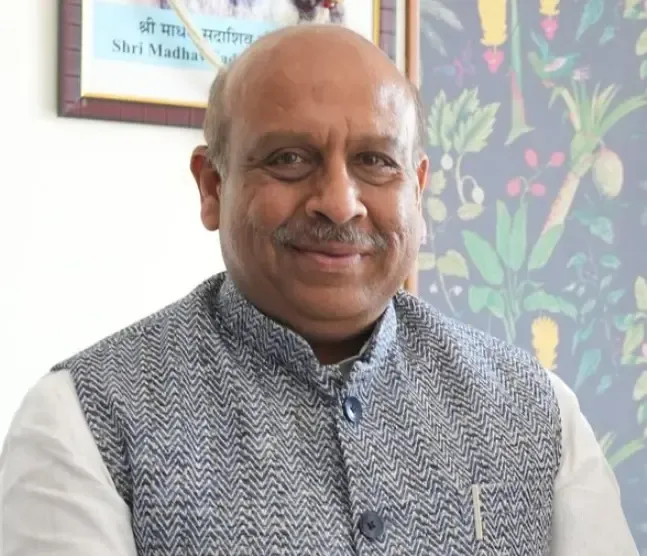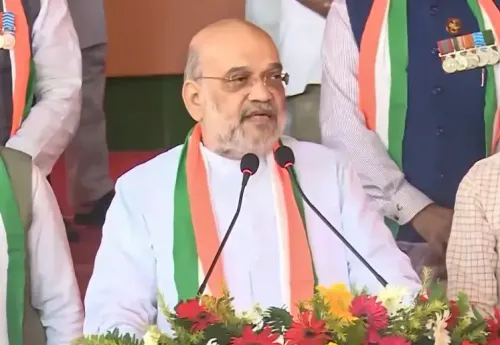Delhi Assembly Speaker Initiates Office Allotment for MLAs

Synopsis
Key Takeaways
- Office allocation aims to enhance communication between MLAs and constituents.
- Speaker Gupta prioritizes providing necessary resources for effective governance.
- Constituency offices serve as a vital link for direct public engagement.
- The initiative supports transparency and accountability in governance.
- Previous AAP government initiated the practice of office allocation.
New Delhi, March 9 (NationPress) The Speaker of the Delhi Legislative Assembly, Vijender Gupta, has initiated the process of assigning offices to the recently elected Members of the Legislative Assembly (MLAs) in their designated constituencies, as confirmed by an official on Sunday.
Speaker Gupta stated, "Our foremost priority is to equip our elected representatives with the essential resources they need to serve the populace effectively."
He highlighted that constituency offices act as a vital connection between MLAs and their constituents, enabling direct dialogue and resolution of issues.
"We have undertaken the necessary measures to ensure that every MLA receives their office without delay," the Speaker remarked, underscoring that this initiative is designed to facilitate smooth communication between MLAs and their constituents.
Following the 2025 Delhi Assembly elections, the protocol mandated the vacating of constituency offices previously held by former MLAs, and the process of reallocating offices to the new legislators has now commenced, according to a statement from the Assembly Secretariat.
Speaker Gupta underscored that the allocation of MLA offices represents a crucial step towards fortifying good governance and enhancing democratic practices.
The Assembly Secretariat mentioned that these offices will empower MLAs to interact directly with citizens and swiftly address their issues.
This decision is seen as a significant milestone in enhancing the effectiveness and responsiveness of Delhi's democratic framework, it stated.
By furnishing elected representatives with essential infrastructure, this initiative will not only empower them to fulfill their roles efficiently but also promote transparency and accountability in governance, as noted in the statement.
The Delhi Legislative Assembly Secretariat is dedicated to ensuring the prompt completion of the office allocation process, allowing MLAs to connect with their constituents and respond to their concerns quickly, it added, emphasizing that this move is expected to foster improved coordination between the public and their elected officials, thereby reinforcing the democratic structure of the city.
The previous AAP government initiated the practice of allocating government-funded offices to legislators in their constituencies, responding to the needs of legislators who reported insufficient personal funds and staff to manage public issues.
In the current 70-member Delhi Assembly, the BJP holds 48 seats while the opposition AAP has 22 MLAs.









